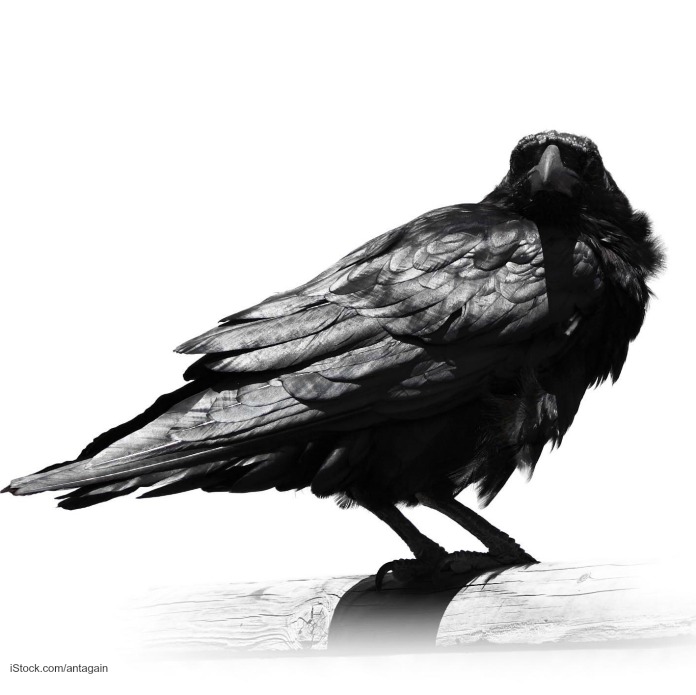A new study conducted at the University of California Davis has found that some wild bird species can pose a Campylobacter contamination risk to crops. Scientists know that animals and birds can contaminate crops in the field. The study looked at different bird species and the bacteria they can spread.

The risk is low but it does exist. The researchers found that birds such as starlings and blackbirds “that flock in large numbers and forage on the ground near cattle are more likely to spread pathogenic bacteria to crops like lettuce, spinach and broccoli.” Insect eating birds are less likely to carry the kind of bacteria that make people sick.
Campylobacter is the pathogen that these birds carry most often, while bacteria such as E. coli and Salmonella, which have been linked to contaminated crops causing multiple food poisoning outbreaks, are rare in wild birds. But Campylobacter is less of a concern to farmers than Salmonella and E. coli.
A Campylobacter outbreak linked to peas from Alaska is the single outbreak that was definitively traced to bird feces. Wild sandhill cranes caused that outbreak in 2008 that sickened almost 100 people in that state. Isolates from the birds, the peas, and patients matched.
Researchers found Campylobacter in 8% of samples taken from 11,000 pathogen tests and 1,589 bird surveys. Pathogenic E. coli and Salmonella were found in less than 0.5% of the samples. The birds associated with feedlots and bird feeders are more likely to expose crops to Campylobacter.
The study’s authors state that industry can help prevent this contamination by separating produce crops from areas where cattle graze. This could also help mitigate risks from runoff from feedlots, another area of concern. However, removing habitat from the areas around farms can hurt beneficial bird species that do not pose a risk to food safety. Insect-eaters reduce pests on crops and do not pose a threat in terms of food poisoning.
The research was funded by the U.S. Department of Agriculture and the National Science Foundation. Additional co-authoring institutions include James Cook University, UC Berkeley, UC Riverside, University of Kentucky, University of Texas, Virginia Polytechnic Institute and State University, Washington State University, BioEpAr, The Nature Conservancy, and Van Andel Institute.




